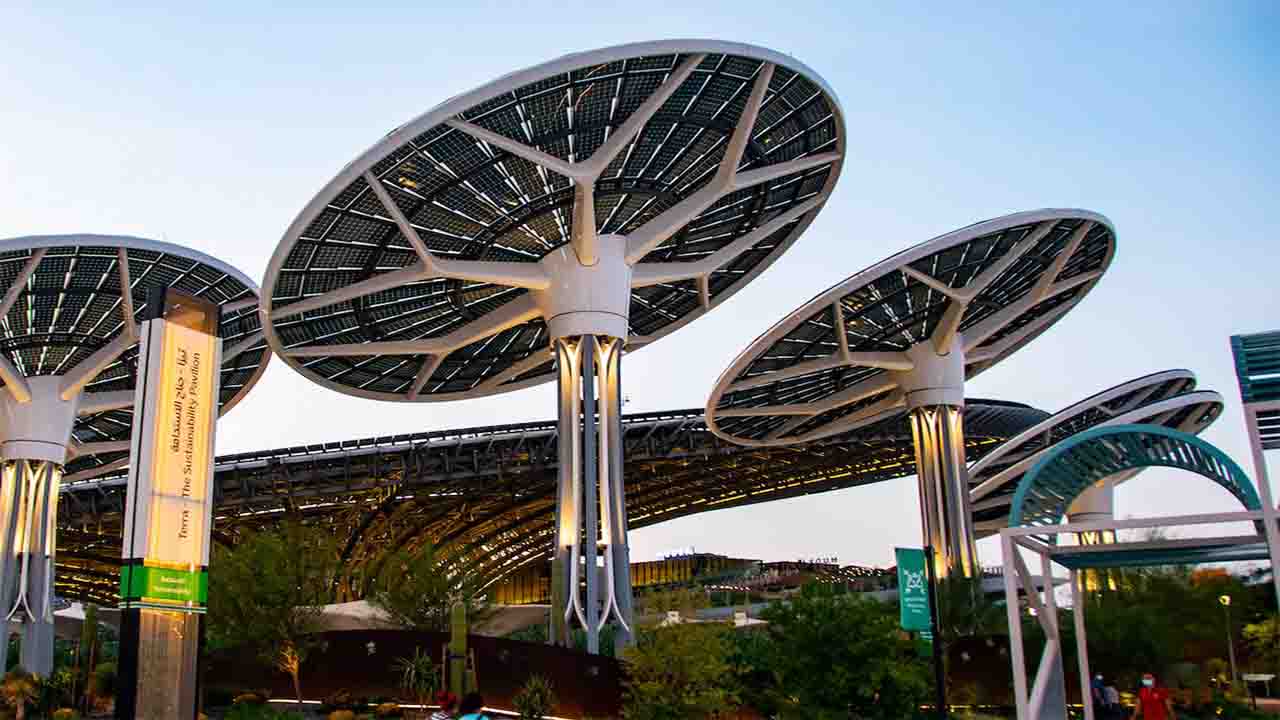India (Commonwealth) _In the previous five years, the country’s adoption of electric vehicles has been driven by the wealthy and well-to-do, who have welcomed electric vehicles and reduced sales of diesel vehicles in the luxury vehicle class by more than half.
According to industry estimates, the percentage of diesel-powered luxury vehicle sales in the local market decreased to 35% last year from about 80% in 2018. In the same sector, electric cars currently make up 6% of total volume sales, which is three times more than the percentage of EVs in the general market.
Industry leaders credit the simplicity with which more affluent purchasers, who may also purchase electric vehicles as a second or third vehicle, can install charging stations at their homes or places of business, for the rising demand for electric vehicles at the higher end of the market.
Automakers like BMW, Audi, and Mercedes Benz have lined up more than half a dozen EV models for debut in the upcoming year in an attempt to capitalize on latent demand, but they have been shocked by the “better than expected demand” for EVs in a nation where charging infrastructure is not generally available. To lower the cost of electric vehicles, industry leader Mercedes Benz India has already started local production of the EV EQS 580 at its factory in Pune. Other companies are also expediting feasibility studies for the same.
Luxury automakers are not as excited about their diesel products. The head of Audi India, Balbir Singh Dhillon, stated that “the share of diesel in vehicle sales is already on a decline.” “In the future, the market that was previously dominated by diesel will see a shift to gasoline and electric vehicles.” In order to comply with BSVI emission standards, Audi India has stopped selling diesel automobiles and is now only selling gasoline and electric vehicles.
BMW, which holds a 50% market share in the Indian luxury EV segment, is to launch two new EV models in 2024, while Mercedes Benz India has three new EV releases planned for this year in the nation.
In an effort to appeal to a wider range of consumers, BMW, which saw its percentage of diesel vehicles drop from 65% four years ago to 36% last year, is planning to introduce more electric vehicles at different price points in India. According to Vikram Pawah, president of BMW Group India, “We have the most varied line-up in electric with five different offerings and will keep expanding our range to build on our position as a leader in EVs.”
Going Green
We are living in the age of electricity. Electric cars (EVs), formerly seen as niche or experimental, are increasingly making their way into the mainstream. Over the next ten years, major automakers worldwide have committed billions of dollars to electrifying their fleets.
The luxury segment of the vehicle industry is the highest point of the electric revolution. Premium manufacturers such as Audi, BMW, Mercedes-Benz, Jaguar, and Porsche are embracing electric vehicles. Sustainability is a key factor propelling the demand for electric automobiles. Governments and people demand manufacturers lower emissions as climate change threatens to imperil the world.
Since EVs produce no direct exhaust emissions, the quality of the air in the area is enhanced. Over the next ten to fifteen years, a number of nations have stated intentions to phase out gasoline and diesel vehicles. Luxury companies do not wish to fall behind this revolutionary change. They are making significant investments in EVs in order to comply with environmental laws and goals.
The fact that electric cars don’t emit tailpipe pollutants gives engineers and designers more creative flexibility is one clear benefit.
We are living in an electrified age. Despite the difficulties associated with the shift, astute luxury manufacturers are adapting with goods that demonstrate electric cars may reach unprecedented levels of luxury automobile performance. This elite segment of the automotive industry has a very bright and exciting future ahead of them.
Infrastructure for Charging
Establishing a strong public charging network is one important issue that still has to be resolved. Long-distance driving need quick and dependable charging stations along important routes, even though the majority of luxury EV customers will charge their vehicles overnight at home.
In an effort to increase high-powered charging corridors between cities and standardize connections, automakers are actively collaborating with energy providers and governments.
Latest Technologies
EVs are becoming almost as useful as gasoline-powered vehicles as battery prices down and energy densities increase. Automakers will continue to innovate, nevertheless, in order to enhance the owning experience even more. Under development, solid state battery technology has the potential to greatly increase range while reducing charging periods.
Cars may be able to store and deliver electricity to houses and grids through vehicle-to-grid systems, opening up new economic opportunities. Developments in autonomous driving will work particularly well with the advanced driving dynamics systems and less maintenance requirements of electric automobiles.
Due to new opportunities, consumer demand, and sustainability, luxury automakers are adopting electric vehicles. The performance, comfort, style, and technology of EVs meet the demands of luxury consumers. Luxury businesses now have the chance to expand into new markets, cater to lower price points, and enhance automobile luxury thanks to the electric transition.
Even while there are still issues, including the infrastructure needed for charging, manufacturers are coming up with new ideas to enhance the EV ownership experience. For luxurious EVs, the future appears bright.








